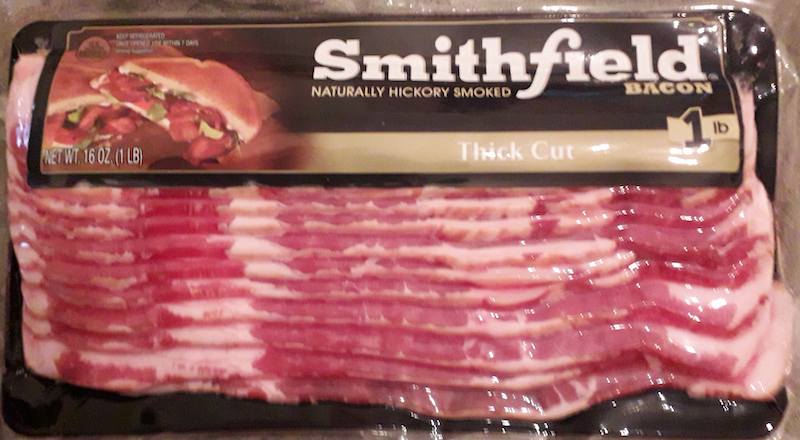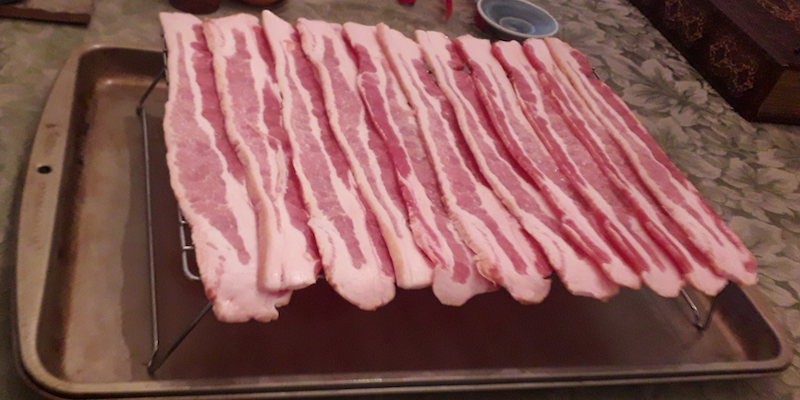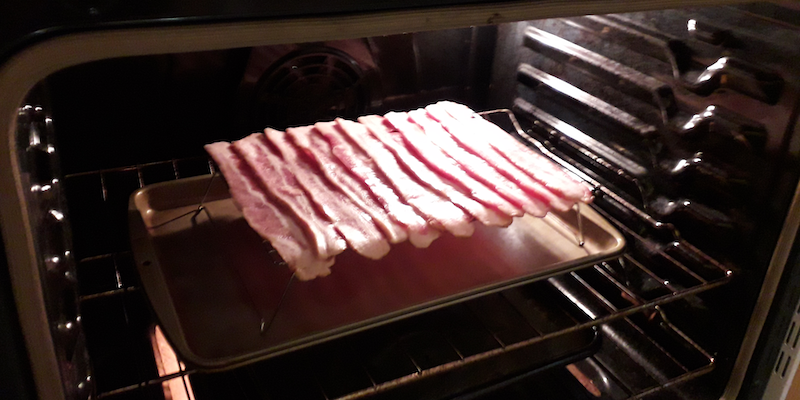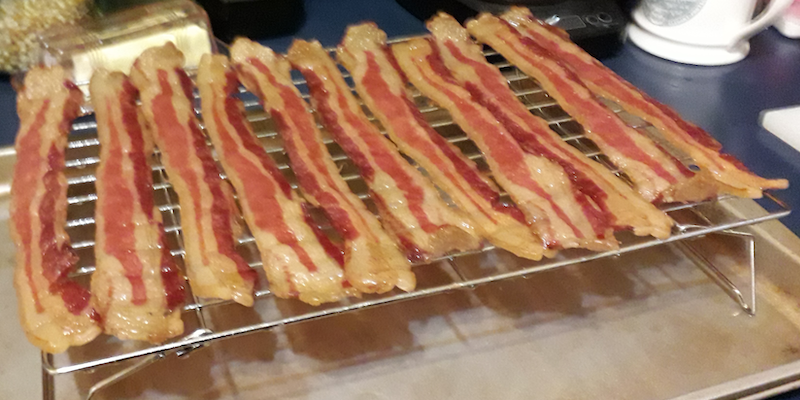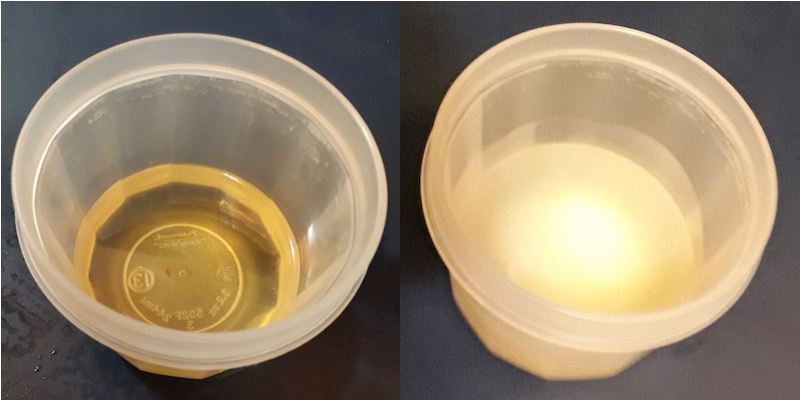“Dymaxion” is Bucky Fuller’s portmanteau implying “dynamic-maximum-tension”, referring to the achievement of nearly optimal designs (whether by mindless design by Darwinian evolution, or by intelligent design by human innovators). A “response surface” is a mathematical approach for improving on brute force experiment design so that fewer experiments are needed to provide the desired statistical power.
“Free will” is, for me, something like (perhaps exactly like) Daniel Dennett’s possibility generator/selector – a subset of brain activity that puts itself in other peoples’ shoes, imagines various possible scenarios, and models, likely via something akin to Bayesian inference, possible outcomes, submitting the results of these to a morally answerable chooser that ultimately determines the constellations of action potentials in neurons that produces our behaviors (see his Consciousness Explained and From Bacteria to Bach and Back). Because this process essentially conducts a galaxy of thought experiments, it seems likely that evolution will have stumbled across something akin to response surfaces in order to get the most statistical power out of available, limited, inferential resources.
Perhaps the above is obvious to the cool kids of cognitive science, and the experiments have already been done, making this post superfluous to said folks. But in my cognitive science reading, not exhaustive and mostly in popular books rather than the scientific literature, I haven’t seen this potential aspect of free will described in this way. Cognitive science has come up with some excellent experimental approaches that are helping to tease out fundamental neural processes, both individual and collective, so I wonder if there is already some way we can look for some signature of brain activity that “looks like” a response surface. Maybe a data science initiative that scans through terabytes of raw data obtained from various high throughput studies. I realize what I’m suggesting here a vague. I am but a painter preparing a canvas by applying a wash and daubing in some unresolved blotches of background, then stepping back and taking in what I’ve done before (someone else goes about) starting in on the details.
First you might need to determine what the relevant signatures of possibility generation and behavior choice look like (combining EEGs, button pressing, electrophysiology, opto-neuronics, the whole panoply of cogsci experimental techniques). Then you might tax those systems by inventing scenarios where there are increasing numbers or complexity of models that would need to be “run” by the possibility generator, less time to make decisions, different types of threats or rewards sponsoring the decisions, and probably a bunch of other factors that would occur to a working cognitive scientist. One complication is that if a dymaxion response surface is already built in as a universal Good Trick, all you will see is that. Possibly, novel types of scenarios require the brain to learn how to develop the response surface, so if you could watch that process occur and track it to its endpoint, you might get a picture of what a response surface signature looks like independent of the learning process and then look for those features under more routine decision making. Clustering algorithms might “naturally” collect sheafs of responses into bins that end up being the representation of what we are looking for. What would this buy us? Another step towards turning what seems to some people like an insoluble mystery into a set of puzzles that can be solved.



